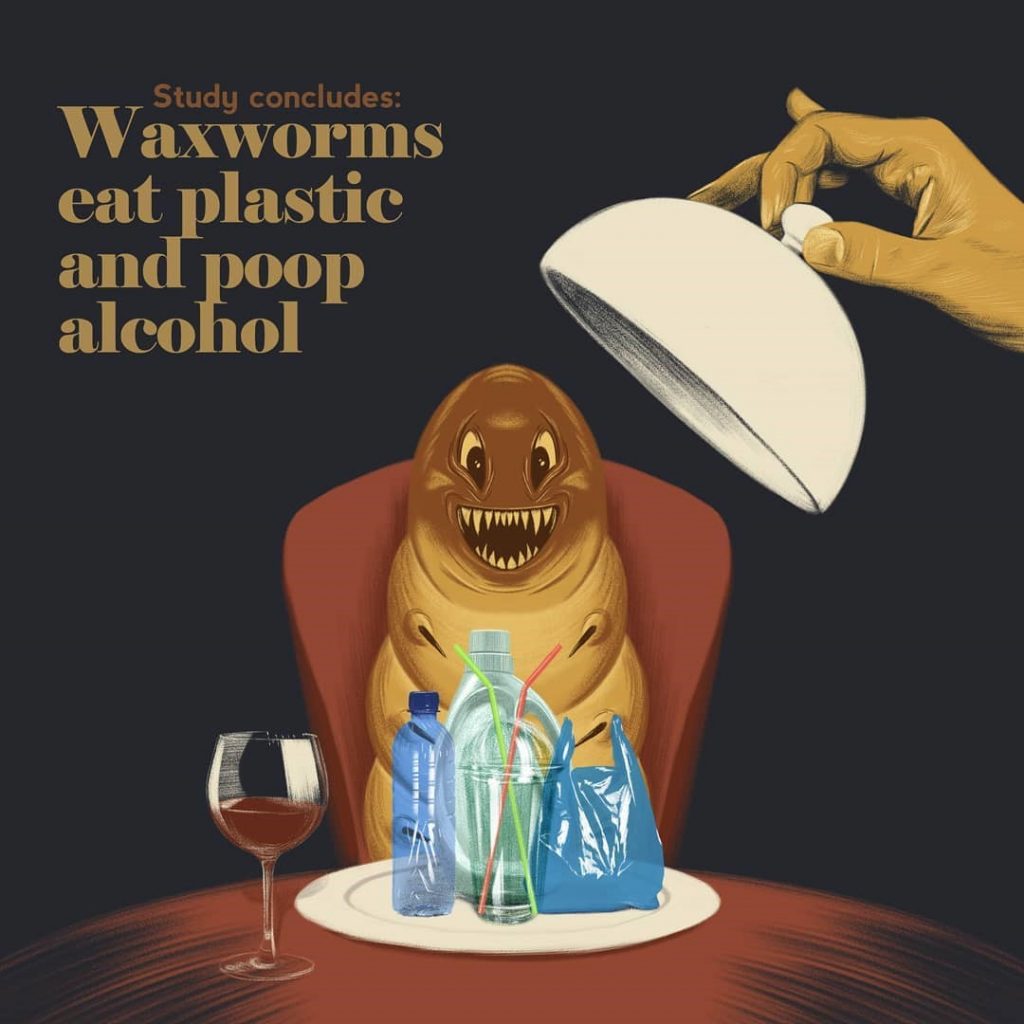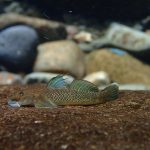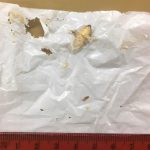Dr. Christophe LeMoine

Researcher's site: Dr. Christophe LeMoine
ORCID: 0000-0003-3536-5897
This researcher is available for inquiries from the public.
This researcher is available for media inquiries.
This researcher is available for collaboration.
Contact Information
Email: lemoinec@brandonu.ca
Research Interests
We are interested in studying how various animals are able to deal with diverse metabolic challenges. In particular, we aim to better understand the various regulatory pathways involved in metabolic regulation, and the consequences of these regulatory cascades on metabolic homeostasis. The general approach is integrative as we are using different animals models, different stressors, as well as different tools to look at metabolism from the cellular level all the way to the scale of the whole animal.
Currently, we are mostly interested in three main axes of research:
1- Evolution of metabolic regulators in animals
Using zebrafish as a model, we are manipulating gene expression (CRISPR, morpholinos) to better understand the roles of various regulators in metabolic control. We also use bioinformatics and phylogenetic approaches to look at the evolution of regulatory networks in animals.
2- Environmental constraints and metabolism
Among other models, we are interested in the unique life cycle and locomotory style of the climbing gobies. After spending their larval stage in the ocean, they migrate back to the freshwater, and to reach their adult habitat they must climb upstream through obstacles, including several meters high waterfalls. This strategy entails a variety of metabolic adjustments, particularly in muscles, that we are studying in several species of the Reunion and Guadeloupe islands.
3- (Micro)Plastics and metabolism
A few years back, we started looking at the effects of microplastics exposure on zebrafish physiology. More recently, we've been very interested in the plastic eating waxworms (Galleria mellonella), and how these little caterpillars manage to eat and biodegrade various plastic polymers. These two model species present an interesting contrast between two animals that handle plastics very differently, and gives us some insights on the effects of plastics in animals.
Research Area
Comparative Metabolic Physiology
Keywords
Microplastics; Mitochondria; Plastivores; Plastic biodegradation; Metabolic plasticity; Fish physiology; Waxworm
Field(s)
Biology




